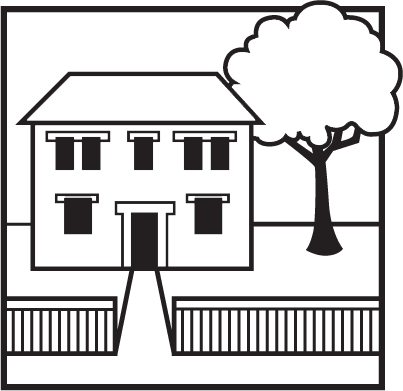About the EYPP
The aim of the Early Years Pupil Premium is to close the gap between children from disadvantaged backgrounds and other children by providing additional funding to settings such as ours, therefore providing the opportunity to raise the quality of provision we offer.
All children aged three and four, plus those two year olds who meet the eligibility criteria will benefit from the funding. This funding is paid directly to us on an hourly rate basis, linked to claimed hours for entitled children. The annual value for a 15 hour place over a full year is £376 (Sept 2023) (rising to £387 April 2024) and since we are registered to offer early years places we can receive the EYPP. In order to be able to claim this funding we require parents to sign the funding agreement which asks for details of parent’s date of birth and National Insurance number.
The premium came into force in April 2015. We are required to publish details of:
• Our pupil premium allocation for the current academic year.
• Details of how we intend to spend our allocation.
• Details of how we spent our previous academic year’s allocation (when applicable).
• The difference to the attainment of disadvantaged pupils the funding has made.
We do not publish any information that could be used to identify individual pupils.
Which children will be eligible for the EYPP?
A three to four year old child will be eligible for the EYPP if they:
- Are in a low-income family and their parents are in receipt of benefits (one or more), for example, Child Tax Credit and Income Support;
- Have been adopted from care;
- Have left care through special guardianship;
- Have been looked after by the local authority for at least the span of one day;
- Are subject to a child arrangement order.
Barriers for future attainment (for children eligible for Pupil Premium)
Barriers to learning for many children eligible for EYPP at Balham, were linked to circumstances in the home impacting on children’s emotional wellbeing; impacting on social skills: poor social interaction; low confidence and anxiety around attachment, as well, difficulty following adult direction and boundaries. Speech and language delay was a factor for some of the children. Poor attendance was also a barrier to learning.
Last year our Pupil Premium allocation was £3,415 This financial year (2023-24) our indicative allocation is £5136 (16 children). As an Early Years setting we have the freedom to choose how we spend the money to best support disadvantaged children in our care. Balham Nursery School uses the additional funding in the following ways:
- Cover the cost of a school meal for those not eligible for a FSM
- Cover the cost of covering our Nursery Nurses so they can run small groups to support children in their learning.
- Provide small group work music sessions, supporting listening and attention, social confidence and social interaction.
- Providing additional staff to allow us to provide enhanced child: adult ratios.
- Continue our commitment to furthering our knowledge within our Continuing Professional Development by attending relevant training.
- Buy in specialist services to support families and children (this includes the cost of staffing such events), such as, healthy cooking, parenting classes and information awareness sessions.
- Purchasing additional resources.
- Trips into the local and wider community which enhance children’s learning and development.
Click on this link for a more detailed report
Measuring the impact of the EYPP
We are continually reviewing the data we collect on children’s attainment and refreshing our strategies to support children who are falling behind or in danger of doing so. The practical ideas that are implemented on a daily basis are only a few of the strategies used and their success can be monitored through the data. However, there are other ways that we measure and monitor the impact we have on families. These are:
- Parent questionnaires
- Informal conversations at the start or end of a day
- Parent feedback through exit interviews
- Parent/teacher conferences
- Success after the implementation of any Early Help Assessments
- Conversations with professionals we work alongside to support families
- Feedback from feeder primary schools
- Case studies

